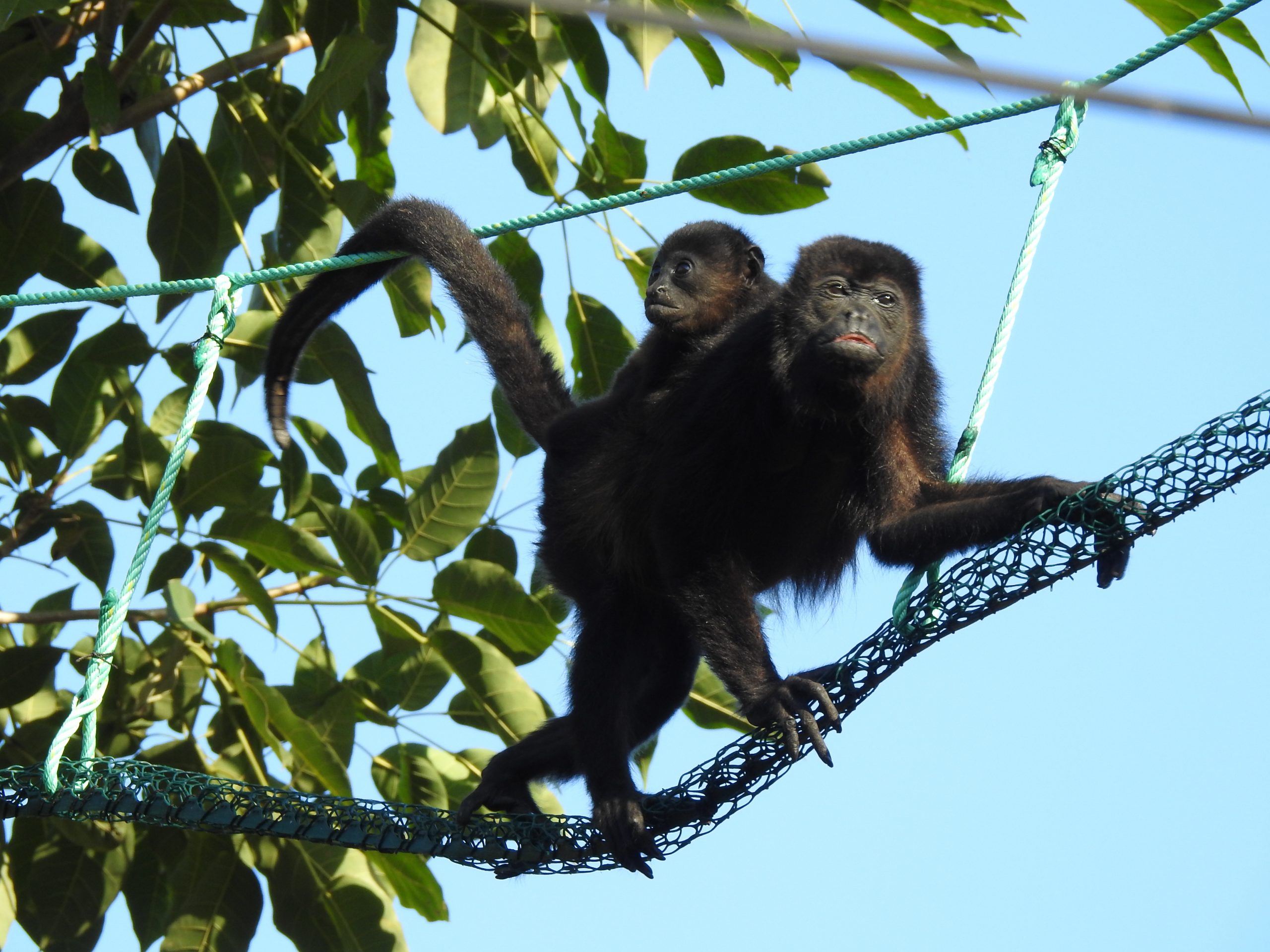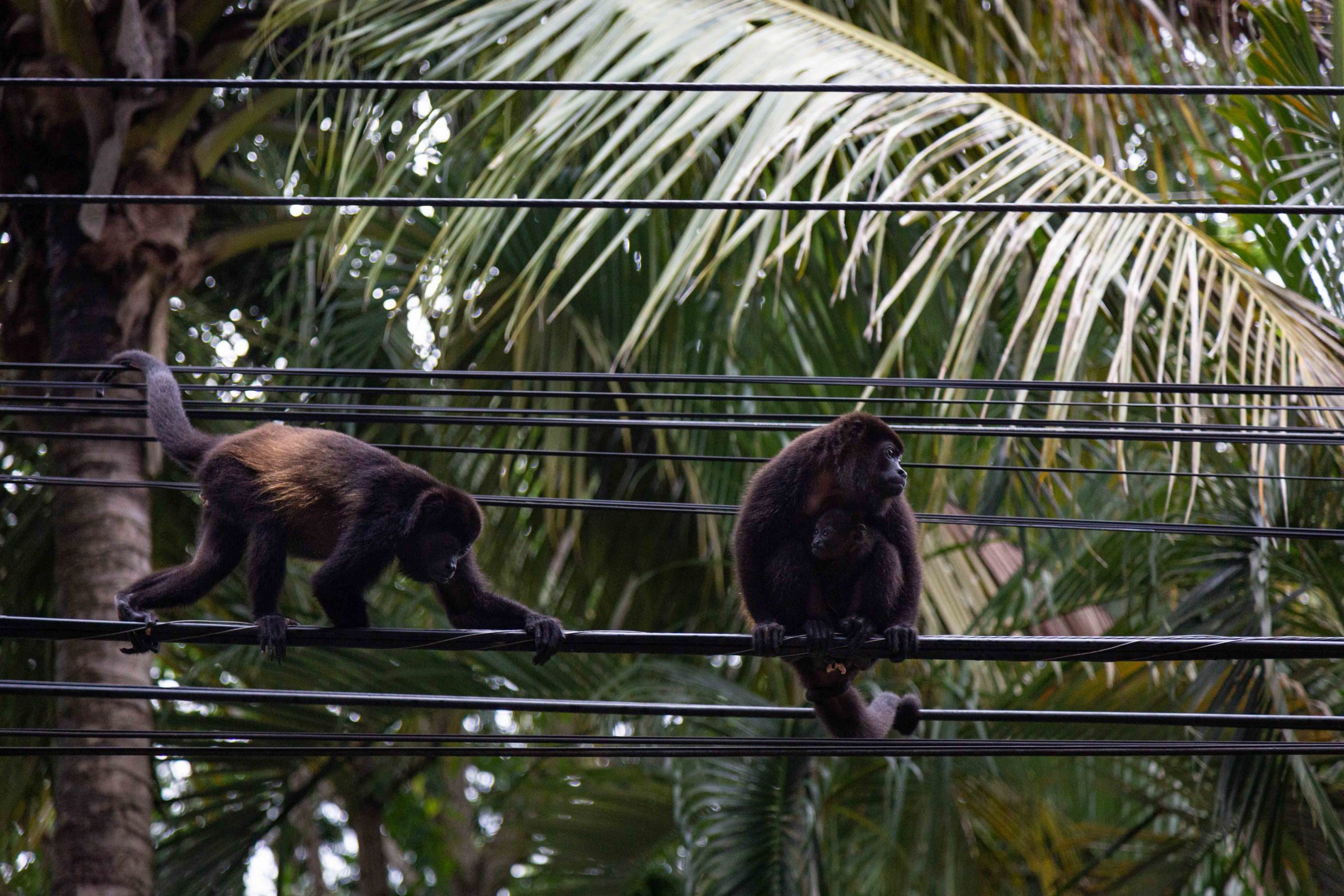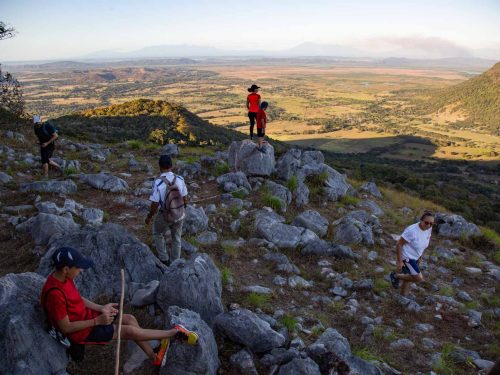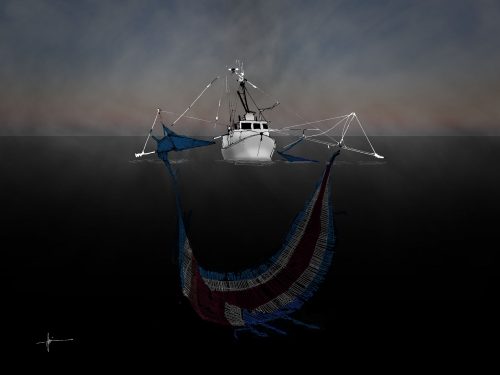
The Frente Amplio Party presented a proposed bill (23.166) to guarantee that wildlife crossings are placed between infrastructures. But is there anything we can do now to help reduce animal deaths? We spoke with Ines Azofeifa, from SalveMonos, James Acosta and Francisco Sanchez from International Animal Rescue Nosara to put together seven tips for building and having wildlife-friendly homes.
1. Check the electrical network
One of the most common causes of monkey electrocutions is the lack of insulation on power lines. The Ministry of Environment and Energy (MINAE) recommends placing rubber covers on the power contacts of each cable, a hose-like silicone protector that wraps the entire cable, and adhesive insulating tape that goes on each point of the power line.
There are other devices that you should place in your electrical network, depending on the type of cable that you install on your property. You can look your type up in MINAE’s manual. Well-insulated wiring saves dozens of species each year, according to Acosta.
Also check if your transformer is well protected and if not, consult your electrician about whether you can install the necessary insulators in your property’s electrical box.
2. Monitor the condition of the trees within your property
International Animal Rescue (IAR Costa Rica) recommends that property owners make sure that electrical wiring isn’t touching trees within the property. This can cause fires that will melt installed insulation and expose energy, not only affecting animals but potentially starting wildfires.
It’s important to regularly trim excess growth from branches. The Costa Rican Electrical Institute (ICE) can do it if necessary. You can contact them at (+506) 2000-7720.
3. Be careful where you leave garbage
The way you deposit your waste can mean life or death for an animal. An uncovered dumpster or letting waste accumulate can cause raccoons or monkeys to eat the wrong kind of food and die from poisoning.
If your garbage is in a bad location, it can also cause suffocation from plastic bags and containers or cuts from broken glass.
4. Avoid cutting down trees
SalveMonos also recommends that when designing houses, property owners cut the least amount of trees possible on the property. In this way, they’ll avoid eliminating routes previously marked by forest animals.
If it’s necessary to cut down a significant amount of forest, the expert recommends placing rope passageways placed from one end of the property to the other. The passageways usually look like this:

The project aims to force construction projects to take animal safety into account from the time the infrastructure is being planned. Photo: SalvemonosPhoto: Salvemonos
These passageways will help monkeys, squirrels, birds and other forest dwellers move safely through the community.
5. Report any incident
If you see an animal in danger on the road or on power lines, report the case immediately to IAR at 8824-3323 or SalveMonos 8402-9264. IAR has an emergency line 24 hours a day for cases between Samara and Ostional. If they can’t handle the case due to distance, they may be able to recommend another organization closer to you.
When there are fauna accidents of this type, time is a very important factor in order to save the animal’s life.
6. Watch and educate your pets
Another of the most common cases of accidents in biodiversity are domestic animals (dogs and cats) attacking forest animals. IAR advises keeping pets in safe spaces, inside the home and away from points of possible recurring animal passage.
In Pelada and Guiones, for example, taking pets to the beach is prohibited since it’s part of the Ostional National Wildlife Refuge.
7. Donate
Organizations like IAR or SalveMonos constantly need more support to investigate, prevent and respond to wildlife accident emergencies. If you’re interested in helping, you can donate at the following links: IAR Costa Rica and SalveMonos.







Comments